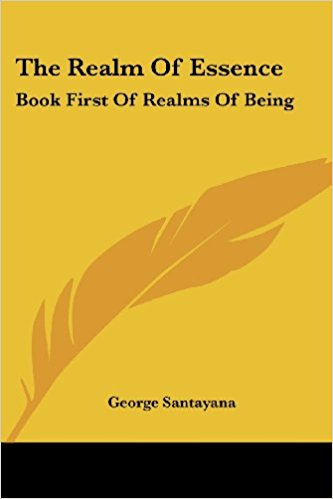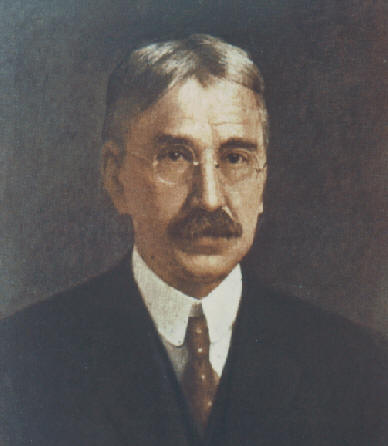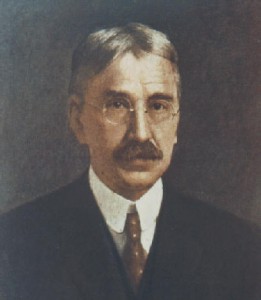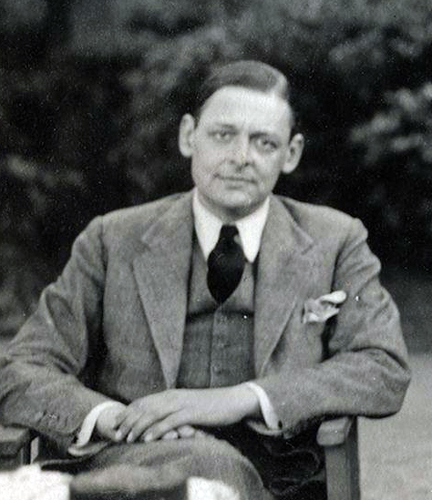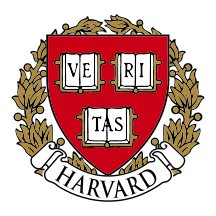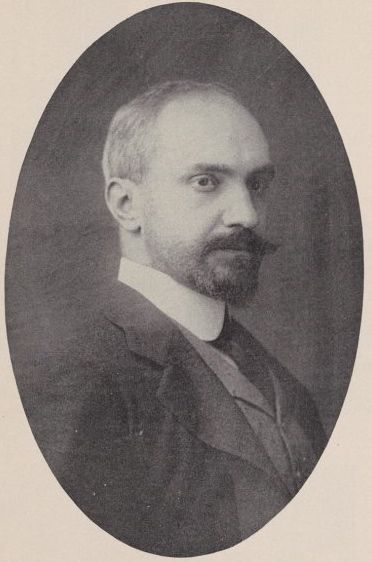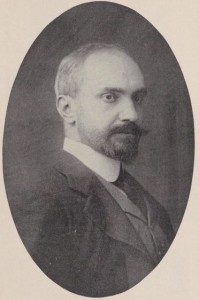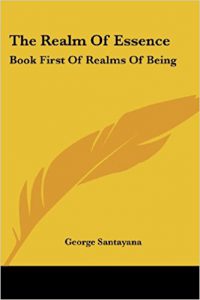 To Robert Seymour Bridges
To Robert Seymour Bridges
Hotel Bristol,
Rome. May 10, 1928
My dear Bridges
How can you doubt that I shouldn’t read with the greatest eagerness the advanced sheets of your Poem, if you will send them? This, even if you didn’t heighten my curiosity and pleasant expectations by saying that I shall find in it a philosophy akin to my own. I see by what you say, and gather from various quarters, the “The Realm of Essence” has been more kindly received than I should have expected. The professors persist in thinking me an amateur, and the literary people are not really interested, because the subject eludes them; yet some impression seems to be produced—more than by my “Dialogues in Limbo”, which seems to me so much better written a book, with more colour, than “The Realm of Essence”. But there is a tide in these matters of criticism which sometimes is found rising and sometimes ebbing or at the low-water of indifference and fatigue. We mustn’t quarrel with the moods of our critics.
From The Letters of George Santayana: Book Four, 1928–1932. Cambridge, MA: The MIT Press, 2003.
Location of manuscript: The Bodleian Library, Oxford University, England.

